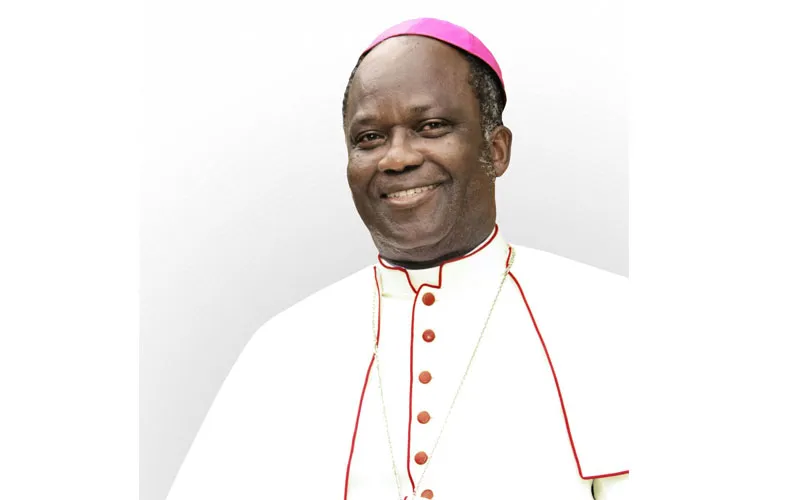Accra, 23 February, 2021 / 8:14 pm (ACI Africa).
As the cases of COVID-19 hike in Ghana, a Catholic Bishop in the West African country says for the country to make progress in the fight against the pandemic, it is necessary that authorities seek professional advice and stakeholder engagement in making key decisions.
In an interview with ACI Africa, Bishop Emmanuel Kofi Fianu, the Episcopal Chairman for Health Commission of the Ghana Catholic Bishops’ Conference (GCBC) cautioned the country’s government against politicizing the fight against COVID-19 and called for inclusion in facing the pandemic.
“Government needs to listen to our epidemiologists and the medical specialists in general. We should not politicize decisions or the steps we take to face the pandemic,” Bishop Fianu told ACI Africa in the Monday, February 22 interview.
There have been calls on the Ghanaian government to consider closing down basic schools to contain the spread of COVID-19, as some schools have reportedly recorded the coronavirus cases since schools reopened on January 15 after nearly 10 months of closure due to the pandemic.
The Anglican Bishop of Koforidua in the Eastern Region of Ghana, Rev. Felix Annan has specifically stated that closure of schools will guarantee children safety.








